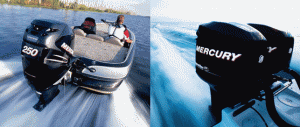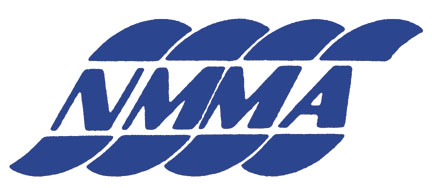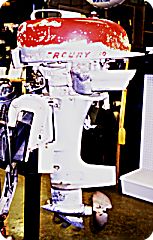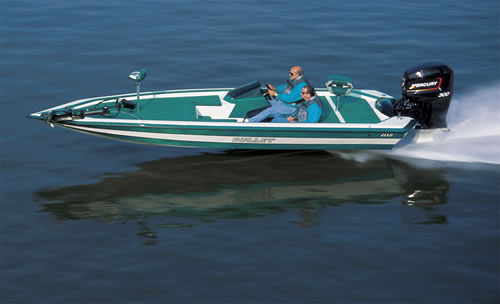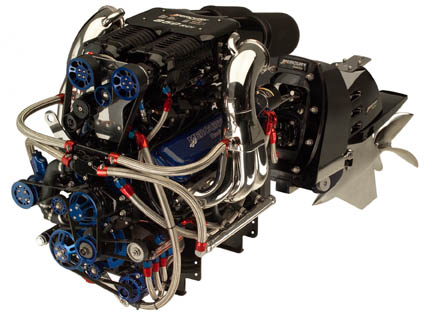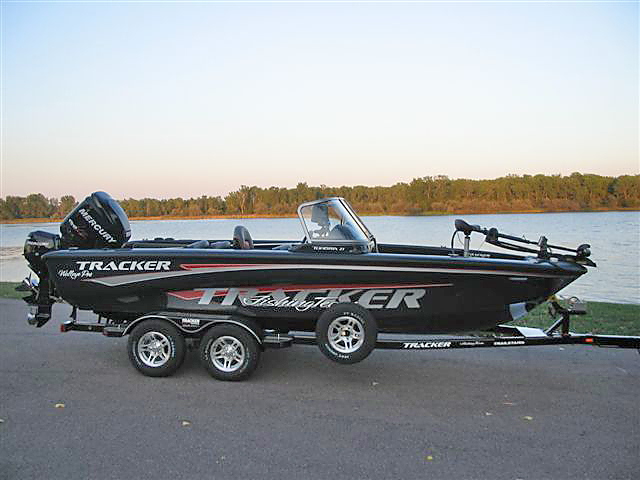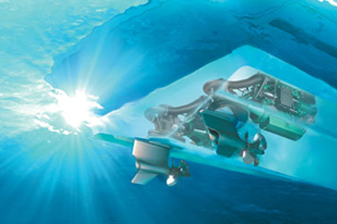Basics of Outboard Trimming and Tilting
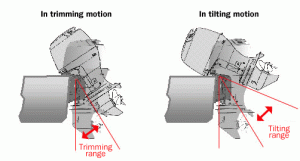
Although not every outboard motor allows boaters the option of power trimming – also known as raising and lowering the drive unit – it’s a feature that’s widely available in most new outboards. “Trim” is maritime jargon used to refer to the running position of the engine drive unit. Think about the way your own outboard descends from the transom and into the water.
If a motor is neutrally trimmed, it will be positioned in an almost perfectly vertical manner; the bow will be lowered and the propeller shaft stays parallel to the water’s surface. As one might expect, operating a boat with neutral trimming is probably the most fuel-efficient technique as it streamlines the machinery’s progress through the water. “Trimming in” occurs when the top of the outboard is pointed slightly back and way from the stern. Again, this method lowers the bow but improves the ability to plane and ride through choppy seas.
The final option, “trimming out” actually lifts the bow and boosts the craft’s top speed considerably. When a motor is trimmed out excessively, the boat will begin to bounce. This technique is often employed in racing and for achieving quick bursts of speed during short-term trips. However, be prepared to replenish the engine with a supply of Mercury oil. Trimmed out boats are never as efficient as they could be.


